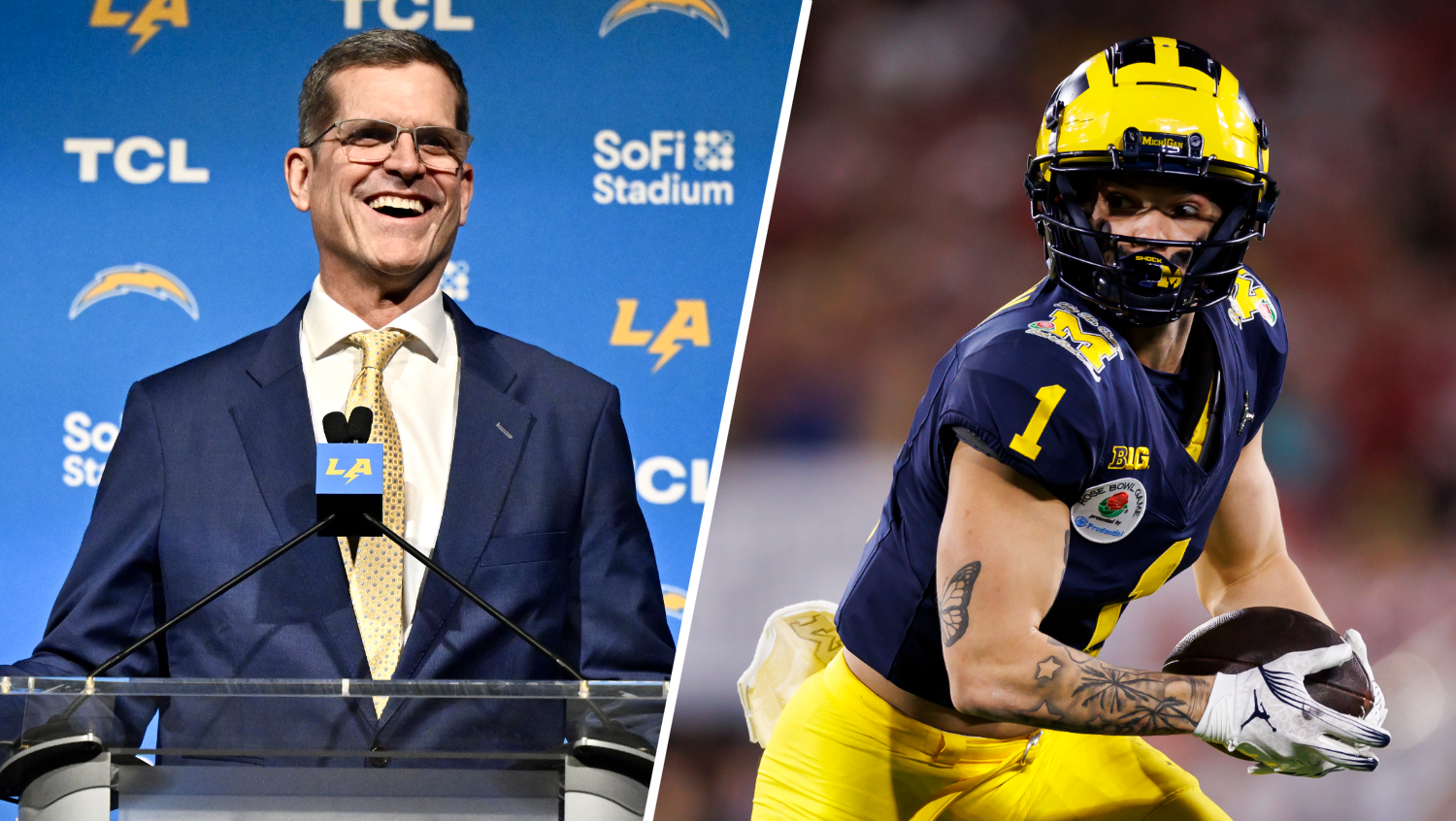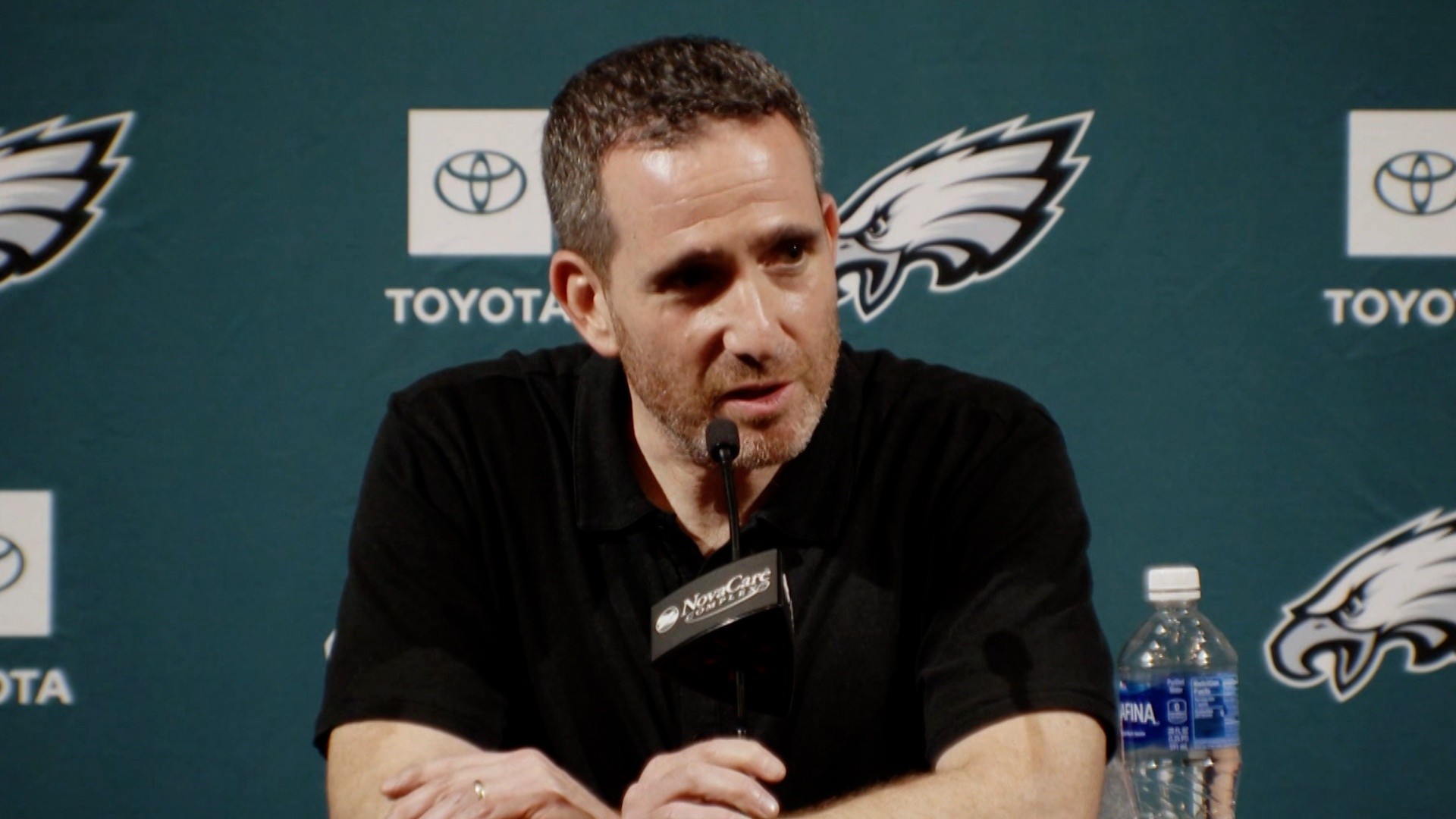
After the slipshod wheeling and dealing of last offseason, the Eagles seem to have a defined blueprint in place for 2016, re-signing their best, young players to long-term contract extensions. One would think everybody would be on board with the strategy of locking up promising, proven talent for the foreseeable future. Some, however, are more concerned with money.
$21 million guaranteed for Zach Ertz. $35 million guaranteed for Lane Johnson. $60 to $70 million guaranteed rumored to be coming to Fletcher Cox. Heck, should the Eagles re-sign Sam Bradford, that alone will cost somewhere in the neighborhood of $20 million per year. There might be more extensions before everything is said and done.
How can the Eagles afford all of this and manage to field a complete team?
It's not as much of a problem as you might think. The NFL salary cap is a fluid situation. The number is constantly on the rise. Many players don't finish their contracts, essentially creating new money every offseason. And besides, when an organization has an expert cap navigator, as the Eagles do in Howie Roseman, there's a certain level of trust in the process.
Roseman learned under former Eagles executive Joe Banner, who was notorious for aggressively re-signing the club's young talent. By making deals early, Banner was able to get players into below-market deals, far cheaper than what he would have to pay once they reached free agency, after going to a Pro Bowl or two and simply as a result of a natural inflation.
The Eagles aren't getting a steal with Ertz, Johnson or Cox, yet the cost would only grow higher next year for a trio of players who would be difficult to replace. These are the types of players that precious cap space are meant for.
Same goes for Bradford, should the Eagles decide to go in that direction under center. There is so much concern over how the front office will address other needs if the quarterback is making that kind of coin. On the other hand, the team probably isn't going anywhere without a quality signal-caller anyway, which renders that $20 million moot.
NFL
Roseman was a member of the Eagles' salary cap counsel in 2002 when the organization reached a long-term extension with Donovan McNabb. Banner somehow made it work despite a large percentage of cap space dedicated to the quarterback position. A lot of places do.
The case can be made that the money is best spent on homegrown talent anyway, not in free agency. As we've seen twice this decade already, building a roster full of mercenaries doesn't often work. After all, most players reach free agency for a reason. Either they want more money than they're worth or their previous employer did not value their work.
Even if after the Eagles reach all these agreements they do find themselves butting up against the cap, moves can be made to alleviate the pressure.
In 2016 alone, the Eagles could part ways with the likes of Riley Cooper and DeMeco Ryans. Next offseason, the team will have decisions to make on Jason Peters, DeMarco Murray, Byron Maxwell and Marcus Smith, among others. There is a lot of money tied up in players that, although they will not actually be here this year or next, lends the appearance the cap situation is worse than it actually is.
And again, the cap number is always growing. According to ESPN, the cap could go up by as much as $10 million this year, from $143.3 million in 2015 to between $150 and $153.4 million in '16. It increased by $10 million in each of the previous two seasons as well.
Now is the time to do long-term deals with young players, before they tack on more accomplishments to their resume, before they reach free agency and before the rising salary cap naturally inflates their paychecks. As for the Eagles' cap, there are plenty of ways to create space, and in a financial sense at least, the front office is in good hands with Roseman.


